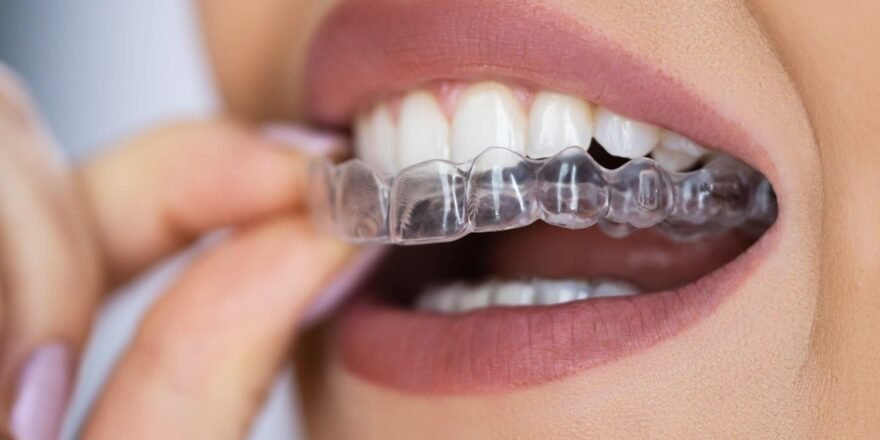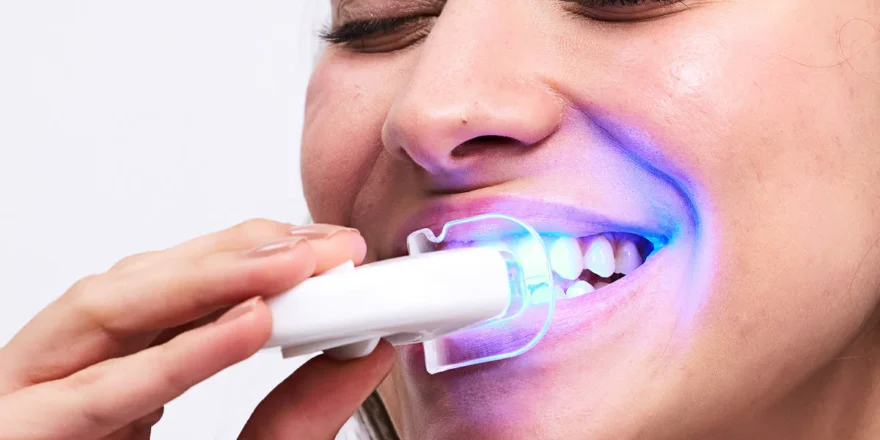Alcohol Consumption on Oral Health
A drink here and there might not seem like a big deal, but when alcohol consumption becomes frequent or excessive, it can take a serious toll on your oral health. You may already know how alcohol affects the liver, brain, and heart, but did you know it can also harm your teeth, gums, and overall mouth health? Let’s break down how.
1. Dry Mouth (Xerostomia)
Alcohol is a diuretic, which means it dehydrates your body, including your mouth. When your mouth lacks saliva, it loses its natural defense system. Saliva helps wash away food particles, bacteria, and acids that lead to:
- Tooth decay
- Gum disease
- Bad breath
A dry mouth is a playground for bacteria, and excessive drinking makes it worse.
2. Tooth Decay and Cavities
Most alcoholic beverages contain sugar or are mixed with sugary sodas or juices. Sugar feeds bacteria in your mouth, which produce acid that erodes tooth enamel. Add alcohol’s acidic nature to the mix, and you’ve got a recipe for:
- Enamel erosion
- Increased risk of cavities
- Tooth sensitivity
3. Gum Disease (Periodontitis)
Excessive alcohol consumption is linked to higher levels of plaque buildup and an increased risk of gum inflammation and infections. Over time, this can lead to gingivitis (early-stage gum disease) and periodontitis (advanced gum disease), which causes:
- Bleeding gums
- Gum recession
- Tooth loss in severe cases
4. Oral Cancer Risk
This is one of the most serious concerns. Heavy alcohol use significantly increases your risk of developing oral cancer, especially when combined with smoking or chewing tobacco. Cancer can develop on the:
- Lips
- Tongue
- Cheeks
- Floor and roof of the mouth
- Throat
4. Oral Cancer Risk
This is one of the most serious concerns. Heavy alcohol use significantly increases your risk of developing oral cancer, especially when combined with smoking or chewing tobacco. Cancer can develop on the:
- Lips
- Tongue
- Cheeks
- Floor and roof of the mouth
- Throat
Regular screening is essential for early detection.
5. Bad Breath (Halitosis)
Alcohol contributes to bad breath not just because of dry mouth but also because of how it alters the bacterial balance in your mouth. Chronic drinkers often experience persistent halitosis, which can be both socially and medically problematic.
How to Reduce the Risk
If you choose to drink, here are some smart steps to protect your oral health:
- Drink in moderation (as per medical guidelines)
- Stay hydrated—drink water between and after alcoholic drinks
- Avoid sugary mixers and cocktails
- Brush and floss thoroughly before bed
- Visit your dentist regularly for checkups and cleanings
- Avoid smoking, especially when drinking
In Conclusion
Enjoying the occasional drink is fine for most people, but chronic or excessive alcohol use can severely damage your oral health over time. From dry mouth and cavities to gum disease and even cancer, the risks are real.
Your smile is worth protecting. Keep your teeth and gums happy by drinking responsibly and maintaining good oral hygiene!




